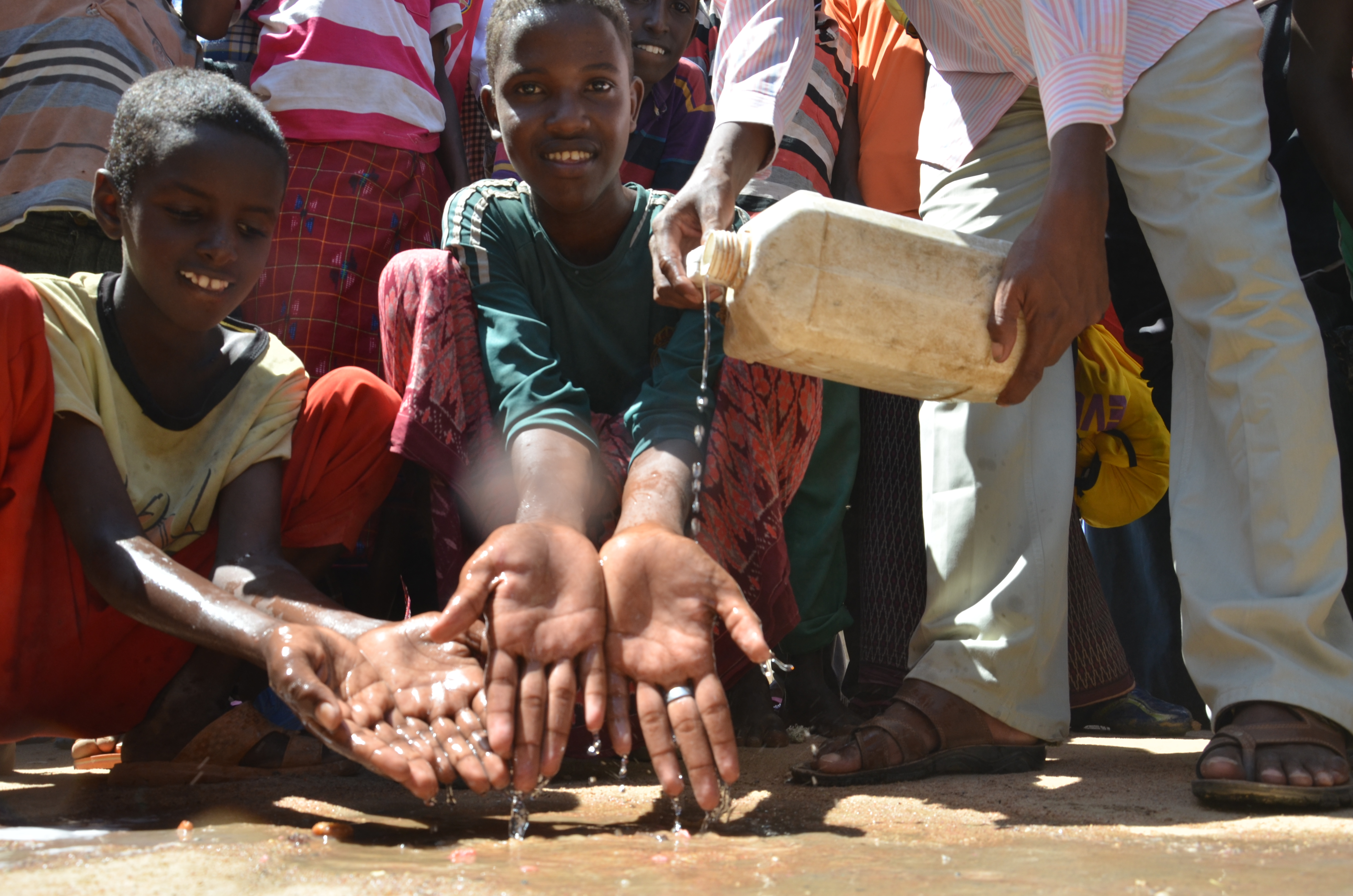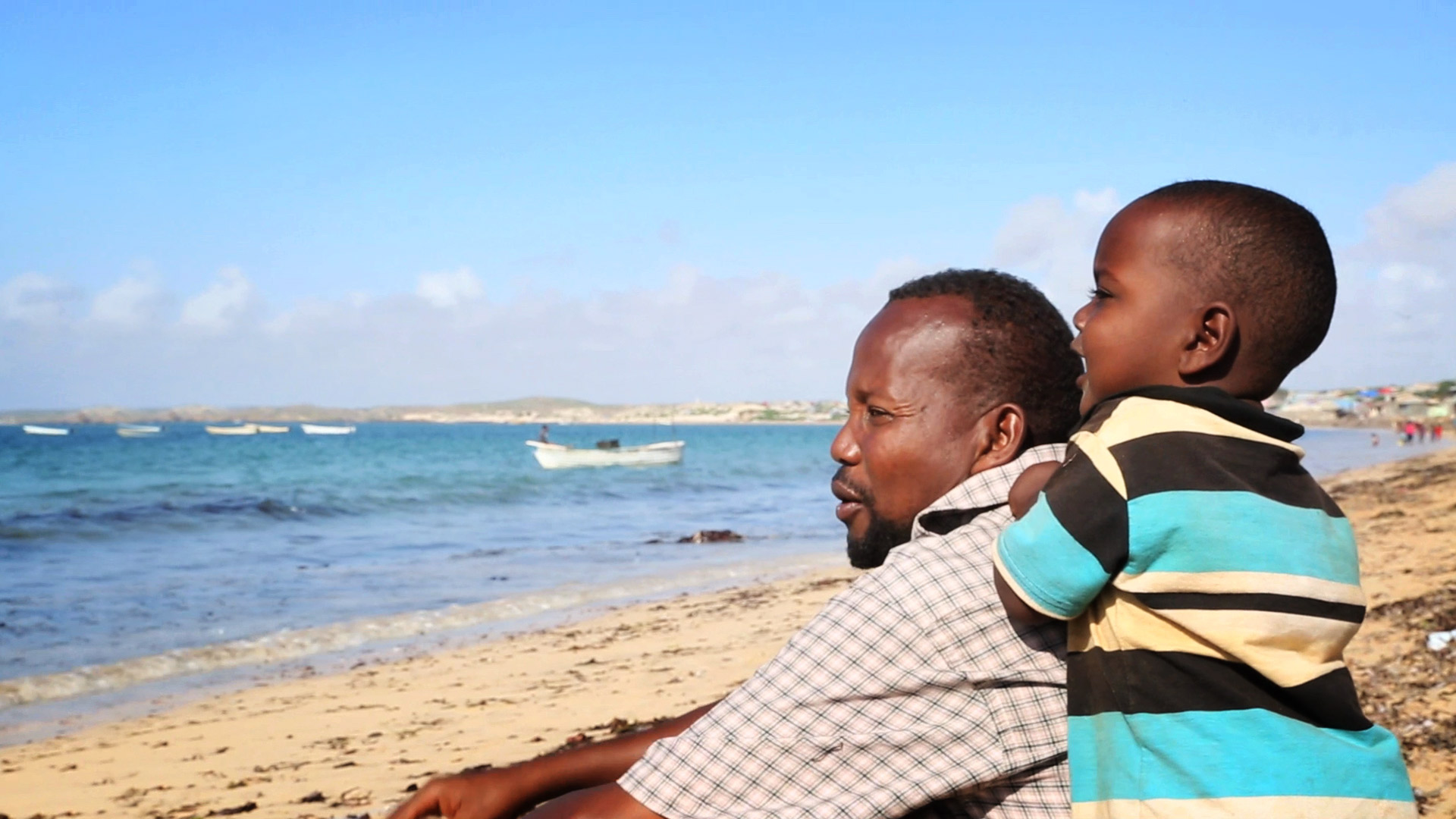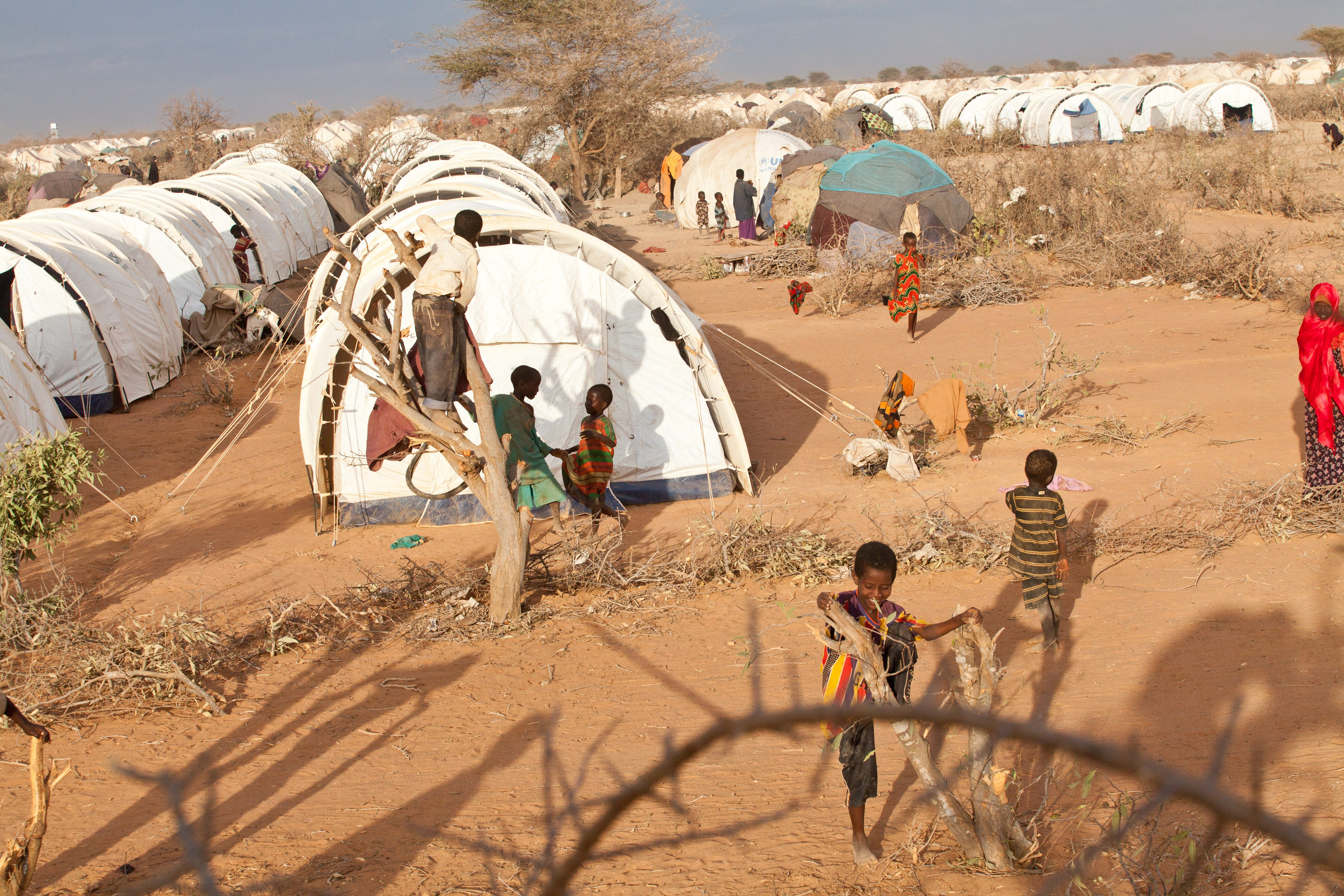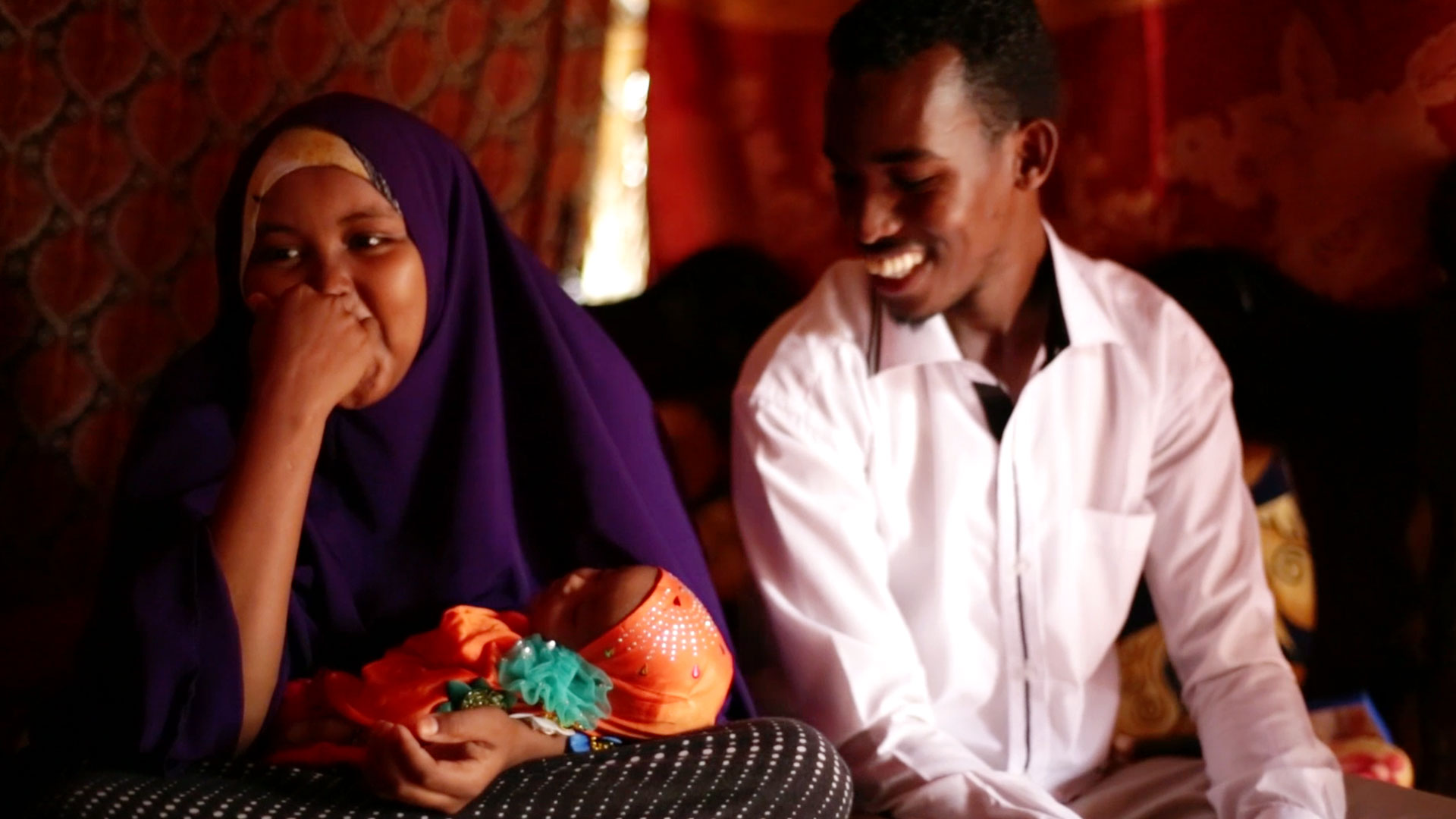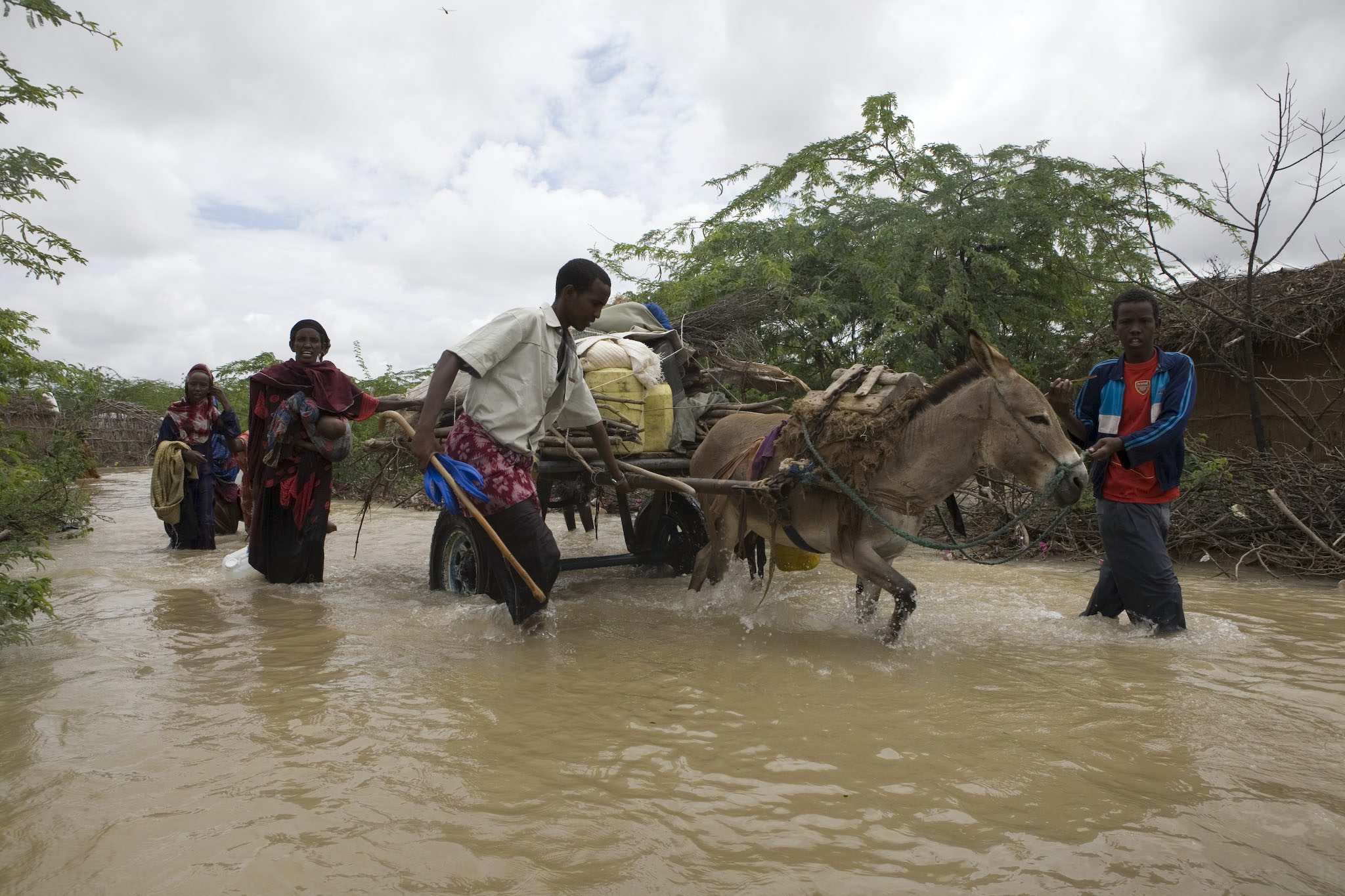Food Shortages Affecting Refugees
Food Shortages Affecting Refugees
(NOTE: WFP and UNHCR spokespeople jointly briefed journalists on the funding and pipeline problems affecting refugees in Africa in particular. Among other things, WFP noted that it had received nothing from the European Commission so far this year.)
UNHCR shares WFP's concerns and fully supports its call for funds so we can provide adequate food rations for refugees in Africa. We appeal particularly to the European Commission for immediate help in alleviating food shortages in the countries Christiane Berthiaume (WFP) has just mentioned (Guinea, Zambia, Republic of Congo, Democratic Republic of Congo, Kenya, Tanzania). The reductions in rations that have resulted because of this lack of donor support - and I must note here that funding problems are not unique to WFP - are hurting refugees and surrounding communities throughout Africa. Many of these places are already suffering because of the serious drought over a wide area of the East and the Horn. Initial reports indicate we are already seeing an increase in malnutrition in some areas. There are also growing fears of lawlessness as hungry refugees are left to forage on their own in surrounding communities. Food-related security incidents in refugee camps are also being reported. Just as worrisome are reports that some refugees, desperate to feed their families, are returning on their own to their homes in extremely insecure areas in search of food. Here are some examples of the impact on refugees:
In Kakuma, northern Kenya, where there are some 65,000 mainly Sudanese refugees, the August food distribution was disrupted by a stone-throwing riot and police had to fire in the air to restore order. Each refugee at Kakuma received 450 grams of whole maize, 40 grams of CSB (corn-soya blend) and 5 grams of salt, totalling only 1,727 kilo-calories per person per day (recommended 2,100 per day). The absence of cooking oil and any pulses hit refugees particularly hard. Refugee leaders say they fear increased burglaries and other crimes by people in search of food. The lack of cooking oil also has financial implications on supplementary feeding programmes in the camp, which are already registering more cases, according to the International Rescue Committee.
In Dadaab, where there are 125,000 Somali refugees, there was no CSB or pulses in the distribution for July. Children under five suffering from malnutrition increased by 0.8% to 7.5% of the population during July. In the therapeutic feeding programme, 41% of the admissions suffered from Kwashiorkor, compared to 10% in past months. A survey conducted by MSF-Belgium also showed that 20% of children admitted to hospital suffered from malnutrition, which they attribute to reduced food intake.
In Tanzania, where the ration was reduced by 40% in July, some refugees are already leaving camps for nearby villages in search of food. Others, although it is not clear how many, are even reported to be repatriating to Burundi, a serious concern given conditions in that country. A few refugees who say they were simply trying to find more food have been detained by police at Kigoma outside the camps. In their last food distribution, refugees in western Tanzania got 60% of their usual ration, except for cooking oil, which was cut by half.
In both Kenya and Tanzania, as well as other countries in the region, the global malnutrition rate is a little less than 10%. This is due in part to the continuing drought, and these days only a small amount of additional pressure on the system will push the rate much higher. Local food shortages mean that there is hardly any food to sell or to trade, even for those few refugees who may have the means. Some refugees are selling off belongings like plastic sheeting or hoes in order not to go hungry.
In the Democratic Republic of Congo's Bas Congo and Bandundu provinces, refugees are receiving 200 grams of flour and 60 grams of pulses per day, which gives them just a little over 1,000 kilo-calories per person per day. Malnutrition rates have increased in the Kahemba area of Bandundu, where there are also new arrivals. Continued fighting in the country, particularly in Equateur Province, has led to food shortages on local markets as skyrocketing prices.
In Guinea, refugees received decreasing food rations throughout the second half of 1999. In Guéckédou, WFP supplies food for 190,000 Sierra Leonean refugees cared for by UNHCR. It also provides for 18,000 refugees in Forécariah. The Guéckédou area has received another 5,000 refugees in the past month, prompting a cut in a food-for-work programme because of the increasing pressure on supplies. That work programme had been helping some 6,000 refugees. Stocks of Daily Humanitarian Rations (emergency high-calorie rations) are depleted, so the new refugee arrivals - many of whom arrive in a very weakened state - are being fed regular rations, which may not be sufficient. Making matters worse, we learned today that there are an estimated 7,000 more Sierra Leoneans trying to get to Guinea.


